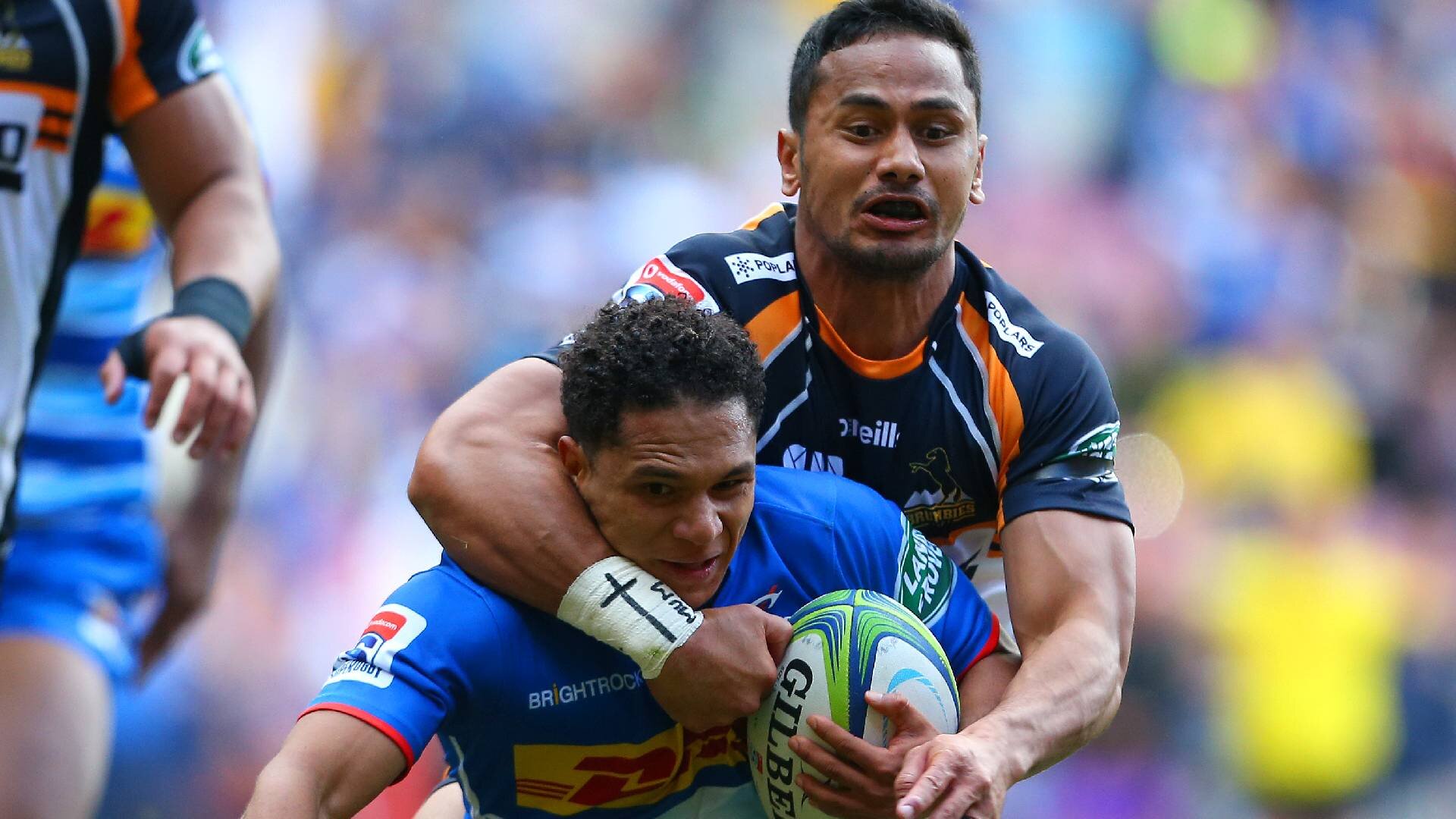SANZAAR clarifies World Rugby law trials less than a fortnight from Super Rugby kick-off

The governing body of Super Rugby, SANZAAR, have issued a statement in a bid to clarify the new law trials being implemented by World Rugby in the Southern Hemisphere’s premier club competition.
Last week, World Rugby announced that six law amendments – including 50:22 kicks, goal line dropouts and the ability to review yellow cards – would be trialled worldwide in competitions such as Super Rugby, the Top 14 and the Americas Rugby Championship.
However, only one of those amendments, the high tackle technique warning, will be used in the upcoming Super Rugby season as a head injury prevention strategy.
Continue reading below…
The amendment will be called into action during matches through referees, who will issue warnings to players who have committed high tackles.
There has been confusion about the implementation of the new law in Super Rugby with regard to whether an automatic one-match suspension would be imposed on players who received two warnings in a match, as was the case during last year’s World U20 Championship.
In their statement released on Monday, SANZAAR said it will appoint a tackle technique review officer to oversee the new trial, with a particular focus on upright tackles.
https://twitter.com/RugbyPass/status/1219102263689404416
“This process will not impose any sanctions on players. This is not designed to penalise the player in any way but to hopefully shine a light on poor technique that has been shown to increase the risk of significant injury and attempt to affect behavioural change via education and identification.
“The shadow trial will see Sanzaar looking at all tackles each round and identifying tackles in which the tackler is in an upright body position, and in the event it is deemed the tackler has shown poor technique in executing an upright tackle, a warning may be sent to the player and player’s coach.
“This process will be an educational process that will aim to educate players and coaches of high-risk behaviours by identifying poor tackle techniques and seeking to inform players of better choices they can make in the tackle zone.”
SANZAAR also announced it had slashed the number of referees who will officiate this year’s competition, with the departures of Glen Jackson, Nick Briant and Egon Seconds leaving the refereeing team at 12 instead of 15.
https://www.instagram.com/p/B7HzIlGAqd6/?utm_source=ig_web_copy_link
The dozen referees have recently completed an annual camp at Stellenbosch Academy of Sport in South Africa, which is designed to manage protocols from the previous year and assess World Rugby directives and potential law trials.
“This year, we have reduced the referee team from 15 to 12 following intense scrutiny of performance and the objectives we want to meet, as identified by the Stellenbosch camp in South Africa recently,” Sanzaar chief executive Andy Marinos said.
“This smaller, tighter referee team we believe will deliver greater consistency of performance and better critical decision-making processes to ensure Super Rugby delivers fantastic rugby for the players and fans.”
Super Rugby referees boss Lyndon Bray added: “The recent camp covered the way in which our refereeing teams of four (referees, assistant referees and television match officials) continue to work on getting better at making the best game decisions in the major moments of the match.
“This includes foul play, try scenarios, contestable scrums [with reduced resets], that teams who are strong at mauling from their line-out are able to use their maul and that we enable space for teams to attack with confidence.”
SANZAAR’s 12-man refereeing team for 2020 Super Rugby
Federico Anselmi (ARG)
Nic Berry (AUS)
Mike Fraser (NZ)
Angus Gardner (AUS)
AJ Jacobs (RSA)
Ben O’Keeffe (NZ)
Jaco Peyper (RSA)
Brendon Pickerill (NZ)
Rasta Rasivhenge (RSA)
Marius van der Westhuizen (RSA)
Paul Williams (NZ)
Damon Murphy (AUS)
In other news:































